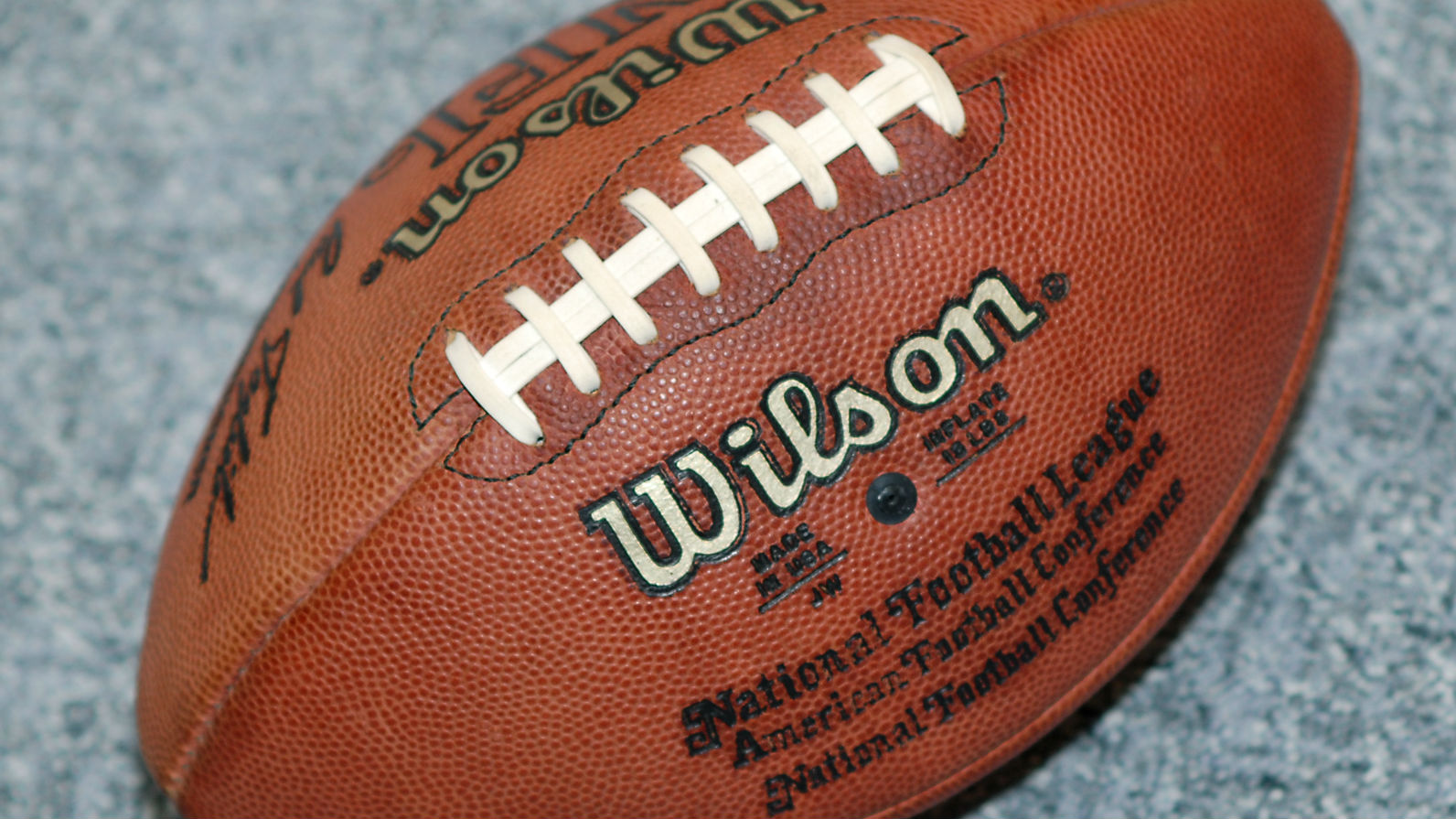The Football Players Strike Back

 Racial tension is nothing new on college campuses, especially in this day and age of digital hyper-reactivity.
Racial tension is nothing new on college campuses, especially in this day and age of digital hyper-reactivity.
It should come as no surprise, either, that at the university of Missouri, the same state where protests in Ferguson occurred and rocked the United States and made headlines around the world, the times are a changin’.
Amidst several documented cases of racism on the campus, some of the black student groups have voiced their dissatisfaction with the administration’s lack of action against such incidents, which include a swastika drawn in one of the dorms.
The football team decided to take action, and had gone on strike from practice, and threatened to not play on Saturday as well, barring a resignation from the MU’s president or major faculty action being taken.
Their plan worked, and the president of an entire damn university resigned, more or less because the football team went on strike.
Now, to preface this analysis, I am not taking either side in this argument. I prefer to remain neutral, like a bird sitting on a power line looking at everything and musing to itself. It is simply for the sake of ponderment and consideration that I made this blog post.
So, with that out of the way, let’s talk about the importance of college football to the major universities in the states.
College football is arguably more popular than any other sport. Seriously. Yes, the NFL is a multi-million dollar industry, but it’s also exactly that: industry.
The NFL is a corporate monster with legal entities. It’s more of a government, while the NCAA is more along the lines of being a state’s rights entity.
That being said, the fact that the MU football team was able to so drastically alter the political landscape of their university is a happening of extreme importance.
I was listening to sports talk radio one morning and they made the point that even though this is an instance of race, this could happen with any number of issues, the biggest one being payment.
For all the money universities make off their treasured college football players, they sure don’t seem to care much about their athletes.
Yes, they pay their scholarship fees, but don’t a majority of college athletes just take underwater basket-weaving classes and party around and then go play sports?
That fact that they pay their scholarships is irrelevant. Universities make millions of dollars every year from player jersey sales, bobbleheads, autographs, etc.
They continue to milk these players even after they graduate. Adrian Peterson jersey sales are always strong, for example.
These college players suffer brutal hits every week, and play in front of tens of thousands of rabid fans in gargantuan stadiums, and yet they receive nothing.
Now, don’t even ask me to get too far into the argument of whether they deserve to be paid or not.
What’s very interesting is the possibilities this MU team has potentially given all other college sports teams in the US.
If a team is unhappy with not being paid, they can strike. They could not practice, not play, or simply quit, if they really want to be paid.
To take it in a more drastic direction: say a team doesn’t like another sport on the campus, or a certain restaurant’s owner, or even a certain someone in a community who maybe ratted on them for being too loud at a party, etc.
They could easily oust any person they wanted, and, (I’m not saying here that they would do this, but it’s a possibility, shall we say) potentially fabricate false evidence to further their agenda.
Who would the general public (and indeed the popular media and perception) believe, one single person, or an entire university football team accusing someone of, let’s say, racism?
While this last theoretical situation sounds like a talking point on a Republican news channel, replace racism with any other topic and it’s much more realistic.
The power is shifting to the people, or in this case, the students. College campuses are increasingly losing their administrative power to tha kids.
In some cases, this is fantastic. Student voices should count, and their concerns are the college’s responsibility to address.
However, in some cases, things may be taken too far, or to drastically-unrealistic hypersensitive levels. For instance, take the girl who was filmed screaming profanities at the Yale university professor. To quote her, “this is not about creating an intellectual environment, it is not! It’s about creating a home here.”
The raging student in question was born from student anger about “offensive halloween costumes.” Now, depending on which side of the political spectrum you consider yourself to be, this is either something you think is serious, or is a laughing matter.
The professor in question, himself internationally famous for his work, responded to student anger about costumes by sending out an email.
In this email, he more or less said there is nothing wrong about ‘wanting to be a character’ for a day. When your 5 year old kid sister wants to dress up as Mulan, that’s not racist. No one protests that. So why does it change when we get older?
This was of course not met agreeably by the student in the video. However, the professor, in a completely classy move, said the student should not be judged based off one video.
The point of this is to shed light on student activism and it’s scope; how powerful it is, and how much it can change a campus, for better or for worse.
Regardless of your views on all of it, you cannot deny that, as Bob Dylan once said, the times they are a changin’.